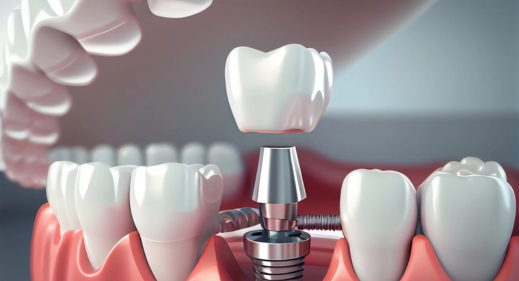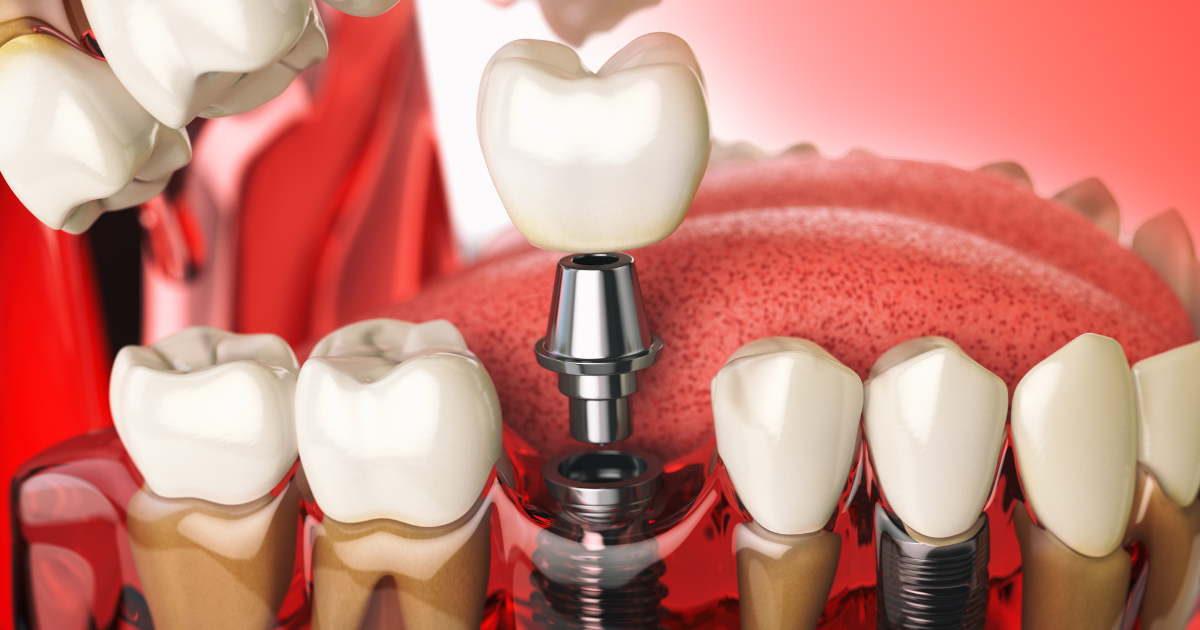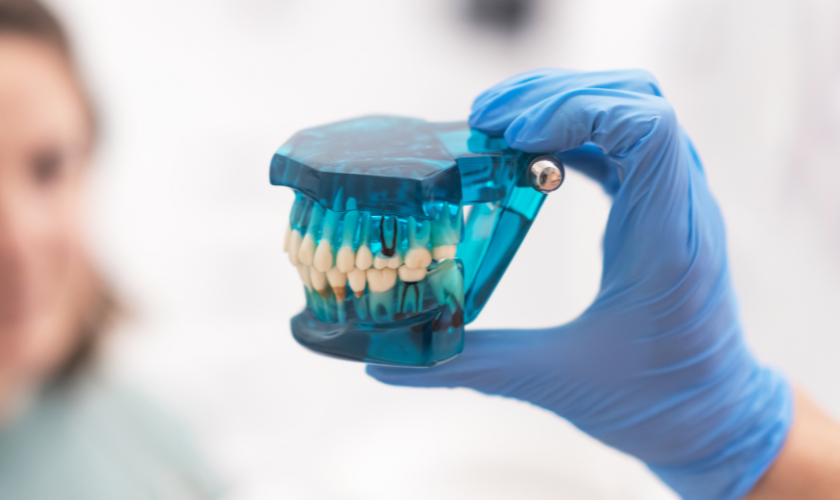943 Finchley Rd, London NW11 7PE
How Long Will Dental Implants Last?

A dental implant is a huge commitment. It’s not just getting a gap filled in your smile—having a dental implant is choosing a solution that will last for a long time and resemble a real tooth and function like one. But reality check: nothing lasts indefinitely. So how many years will dental implants last? A handful of years? Forever? Somewhere in between?
The short answer? A dental implant will last decades if taken care of. Some last a lifetime without problems. But that’s not the entire story. Several factors—oral health, lifestyle, and even the quality of the implant—control its lifespan. Let’s break it down.
Why Do Dental Implants Last So Long?
As opposed to bridges or dentures, implants bond with your jawbone by osseointegration. This provides them with extraordinary strength and stability. There are three typical components of an implant:
- The Implant Post – A titanium or zirconia screw placed inside the jawbone that acts as a tooth root substitute.
- The Abutment – A metal connector between the post and the crown.
- The Crown – The exposed portion of the implant, constructed to resemble your teeth.
Because of the way they are constructed, implants will not decay, will not shift or slide, and, if well taken care of, can last for decades.
What Determines the Lifetime of a Dental Implant?
While tooth implants are made to last, the duration they remain so is contingent upon several factors:
1. Oral Hygiene Habits
Brushing, flossing, and dental appointments are not discretionary. Oral hygiene is abandoned at the risk of gum disease, such as peri-implantitis, that compromises the implant foundation and leads to the loss of the implant.
2. Alcohol consumption and smoking
Both are risks of disruption of healing and augmented implant failure. Moreover, smoking patients are at higher risk of developing complications from implants since tobacco is a vasoconstrictor that suppresses circulation and bone healing.
3. Bite forces and bruxism
Too much clenching or grinding pressure (bruxism) will destroy the implant or loosen the crown. A night guard will save your investment.
4. Bone Density and Oral Health
A strong jawbone is needed for implant success. If the bone loss is substantial, a bone graft is necessary before placement.
5. Quality of procedure and implant
Not every implant is made equal. Quality materials, proper placement, and an experienced dentist mean a lot to how long they can last.
6. General Health Conditions
Underlying conditions like osteoporosis or diabetes can disrupt healing and cause complications. Optimal health control is best for implant success.
Can a Dental Implant Last a Lifetime?
The osseointegrated implant post will last 25+ years or a lifetime if properly cared for. The crown, however, will need to be replaced every 10-15 years due to regular wear and tear. The silver lining? A properly cared-for implant will chew like its original tooth, so this is one of the most reliable dental procedures out there.
Signs That Your Dental Implant Requires Maintenance
Although rare, the implant can fail. Be on the lookout for these warning signs:
- Pain or tenderness near the implant
- Bleeding or soreness of the gums
- Loosening of the crown or the implant
- Difficulty chewing or biting
- Receding gums that show the implant
If you notice any of these, visit your dentist immediately. Detecting them early will prevent any further damage.
How to Make Your Dental Implant Last Longer?
Desire your implant to be in pristine shape for decades? Here’s what you need to do:
- Brush and Floss Everyday – Avoid bacteria with twice-a-day flossing and brushing close to the implant.
- Go Regularly to Your Dentist – Professional cleaning and check-ups anticipate problems before they become a concern.
- Don’t Eat Hard Foods – Ice, hard candy, and hard foods have the potential to crack or fracture the crown.
- No Smoking Allowed – Tobacco degrades bone and gum.
- Night Guard (if recommended) – Averts grinding, which loosens the implant.
- A Healthy Diet – Calcium and vitamin D strengthen bones, ensuring the stability of your implant.
Planning to get dental implants? Our London practice provides top-level care and tailored treatment plans to make your implant last as long as you do. Book your appointment today for a long-lasting smile that you’re proud of.







